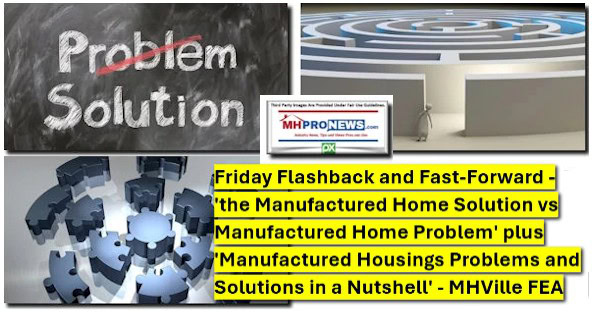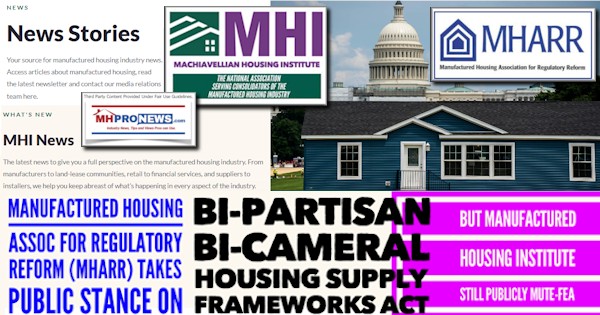
Roy says that manufactured home (MH) sales are heading back to pre-recession levels. He argues that if the standards are adopted by the Department of Energy (DOE) in the next few months, “the savings could be 20-35% over current, outdated energy-saving standards.”
NRDC’s blogger asserts that “the energy bill savings will recover the up-front costs within 5 to 10 years, with savings continuing for the life of the home) and lifetime savings typically ranging from $1,000 to $3,000.”
While most people want to save on utilities, independent producers argue that the costs outweigh the benefits.
In a related Daily Business News brief, MHARR cited the National Association of Home Builders (NAHB) saying, “$1,000 in price increase on a home decreases the number of potential home buyers by some 200,000 nationally.” The NAHB study opens by making this point, “Higher costs invariably translate into higher home prices and higher prices in turn disqualify more households from being able to afford new homes.”
Roy states the consensus in the MH Working Group was nearly complete, with 21 of 22 group members favoring the new proposed standards. He mentions that MH personal property lending is more expensive, but the overall affordability of manufactured homes combined with proporsed new energy saving standards, “All of this adds up to a great outlook for manufactured housing, a key component of the nation’s affordable housing mix that is home to nearly 20 million Americans.”
Manufactured housing professionals and home owners certainly want and need such allies, and the many kind thoughts Roy says on the staff blog are no doubt welcomed by many.
Freedom to Choose?
But who is asking, shouldn’t potential consumers be allowed the freedom to decide if they want to spend more of their own money on energy saving features, that may let them recoup via proposed utility savings the added up front cost, supposedly in 5-10 years? What if they plan to own that home for 5-7 years before selling it an getting another, as is the case with millions of home buyers?
In fact can’t home buyers chose to option in upgrades, as many already do, because that is how they want to spend their own money?
MHProNews featured 3 different industry views on this issue in the November 2014 issue. “We provide, you decide.” ⓒ ##
(Photo & Image credits: NRDC Switchboard blog)

























